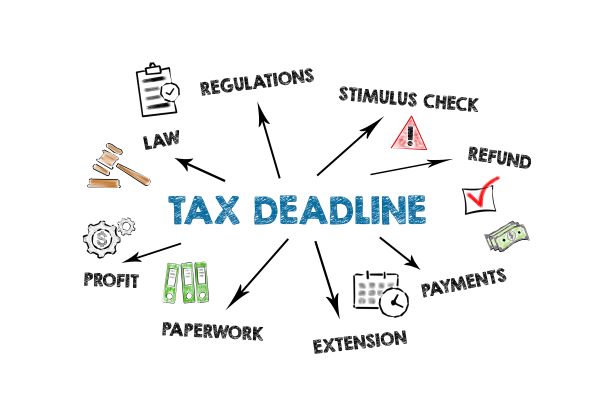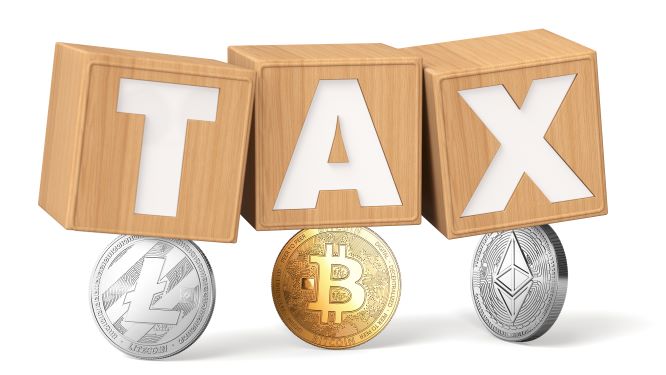
CHANGES FOR THE 2020 TAX RETURN
ECONOMIC IMPACT PAYMENT – The Economic impact payment that you received is not taxable. If you did not receive an economic impact payment you may be entitled to a credit on your tax return of an equivalent amount. Please answer question #1 in the 2020 Questions section of your organizer and send us IRS Notice 1444 (about the EIP) with your tax documents.
IRA CONTRIBUTION – Effective for the 2020 tax year the 70 ½ year age limit for making contributions to your IRA is gone. If you have earned income you may make contributions to your IRA – subject to the same income and retirement plan participation limitations as imposed in your pre-70 ½ years. Please tell us about Retirement Plan contributions you made or will make directly (not through your W2) for 2020 on the bottom of the W2 1099 2020 Income page in your organizer.

VIRTUAL CURRENCY -- Bitcoin and several other “crypto currencies” are known also known as virtual currencies. In your tax return IRS asks the question “did you sell, send, exchange or otherwise acquire any financial interest in any virtual currency”. Please answer question #28 in the 2020 Questions section of your organizer. IRS treats the buying and selling of crypto currencies just like the buying and selling of stocks. If you pay for your groceries with 1 share of Apple stock you would need to report the “sale or exchange” of your Apple stock on Schedule D. If your investment account provides you rewards for referrals, etc., those rewards are taxable too. Make sure your brokerage account will provide to you the information necessary to report your crypto currencies on your tax returns in a format that we can use. There are several services that will take your information and provide the tax reports you need. Please engage the services of these companies if your broker does not provide the necessary tax information for you. Finally, beware that your virtual currencies holdings do not put you into a foreign reporting obligation.
CHARITABLE CONTRIBUTIONS – Starting in the 2020 tax year, taxpayers may deduct up to $300 of charitable contributions even if they use the standard deduction. Please put your charitable contribution on the bottom of Org 14 page in your organizer.
IDENTITY PROTECTION PIN -- Starting in January 2021 taxpayers who can verify their identities may now opt into the IRS IP Pin program. This is a separate six-digit code that is sent to you every year. It is much like the 2-factor authentication that CTA personnel uses to logon to our computers. We use it as an extra layer of security. You may now too if you wish for identity protection in filing your income taxes. To get the IP Pin, go to IRS.gov/IPPIN. See IRS Publication 5461-B for more information.
BASIS IN PASS THROUGH ENTITIES -- Beginning in tax years ending on or after December 31, 2020 partnerships are required to report partner’s capital accounts on a tax basis. The deductibility of losses that your partnership may incur is limited to the amount of basis you have at risk. For entities in which CTA does not prepare the entity tax return, we will need you to provide copies of your tax basis worksheets with your K-1s. These entities could include family ventures or MLP investments in your brokerage accounts. For S corporations, we need to attach a basis statement for every client that is a shareholder if you report a loss, receive a distribution, dispose of stock, or receive a loan repayment from an S Corporation – basically everyone. If we do not prepare the S Corporation income tax return, we will need you to provide us with the tax basis worksheet. Due to this new basis reporting, we anticipate an increase in the audit of 1040 returns that include K-1 information from passive through entities. Additional time and expense will be involved with returns including K-1s as we will be asking more detailed questions about the operations of the entity and your participation in these entities to ascertain how the passive activity rules, basis, and at-risk will affect the reporting of the information from the K-1s onto your return.
CORONAVIRUS DISTRIBUTIONS FROM IRA - The 10% early distribution tax does not apply to any coronavirus-related distribution from retirement plans or IRAs. In addition, the taxable income per these distributions may be spread ratably over a 3-year period starting in 2020. You may also elect to include all the income in 2020 (year of distribution). These distributions would include (but are not limited too) RMD distributions made prior to Congress determining RMD’s were not required to be made in 2020. If you made a coronavirus distribution, you should consider extending your 2020 return until October 15, 2021. You will have 75% of year 2 completed and hopefully an idea of what you expect your financial situation to look like in 2022 - Year 3 of the 3-year spread.